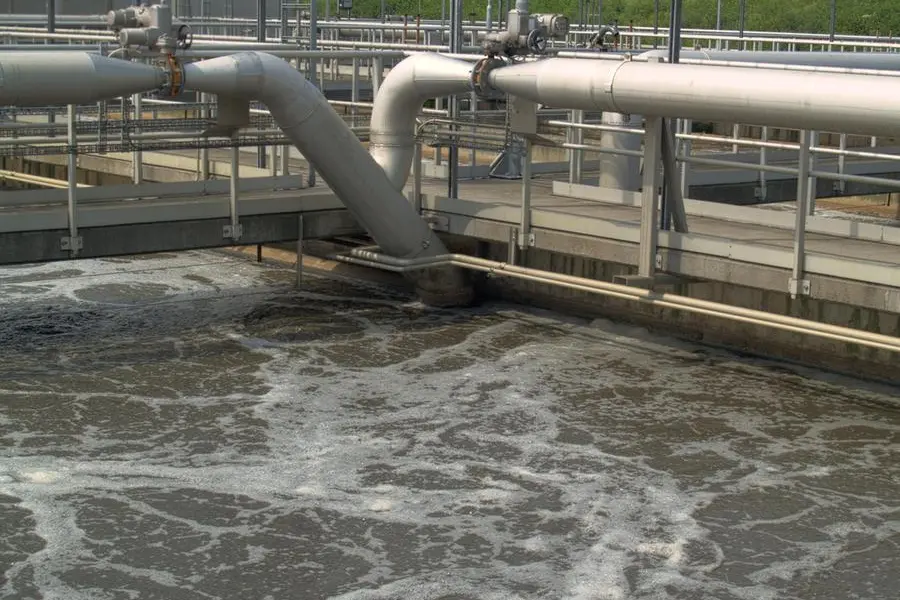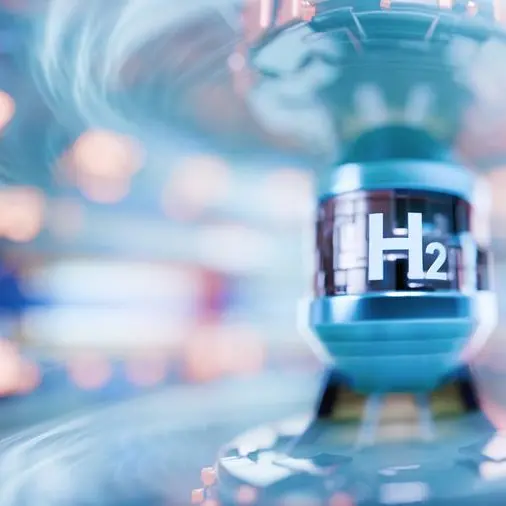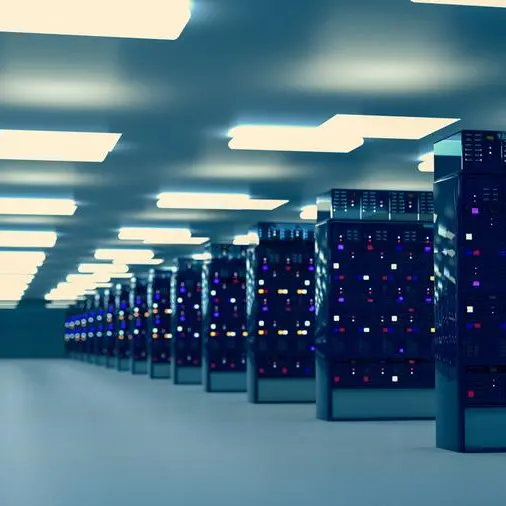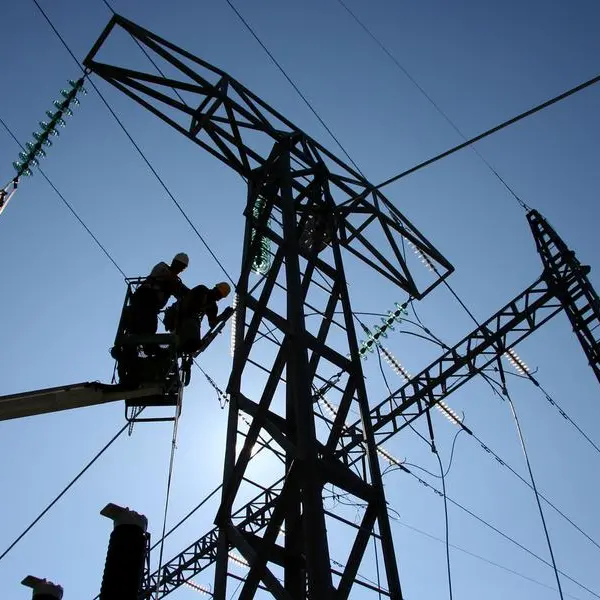PHOTO
SALALAH - Nama Dhofar Services, in collaboration with the Authority for Public Services Regulation (APSR), organized a forum here on July 14, 2024 yesterday on the theme, "Maximizing the Use of Treated Water for Sustainable Development." Participants discussed various topics, ncluding the regulation of the water and sewage sector in Oman, the use of treated sewage water in agriculture, Octal’s initiative in using treated water, and the importance of treated water products.
During the forum, chaired by Dr Ahmed bin Mohsen al Ghassani, Chairman of Dhofar Municipality, Nama Dhofar Services highlighted that sewage treatment services are provided through nine treatment plants with a total capacity of 60,000 cubic meters per day. The treated sewage water is triple-treated at the main treatment plant in Raysut, Salalah, adhering to local and international standards. The sewage service covers several wilayats in Dhofar, with the sewage network in Salalah city spanning over 1,000 kilometers. The company aims to cover 95% of Salalah's sewage network by 2025.
Nama Dhofar Services explained that the treated sewage water is disinfected with ozone, which is one of the most effective disinfection methods, eliminating germs, viruses, and parasites without side effects. Ozone treatment improves water quality and removes unpleasant odors by breaking down organic pollutants and harmful chemicals.
The treated water is used to create an injection well network to pump treated water underground, protecting groundwater reservoirs from saline seawater intrusion. The project includes 48 injection wells along the coast to create a freshwater barrier, preventing seawater from contaminating the groundwater. Additionally, treated water can be used for cooling machinery, industrial processes, and irrigation of green spaces and agricultural fields.
During the forum, Nama Dhofar Services signed three agreements with Octal, Salalah Port, and the Oman National Engineering and Investment Company to utilize treated water services. Dr Ahmed bin Salem al Busaidi from Sultan Qaboos University presented a paper titled "The Use of Treated Sewage Water: Opportunities and Challenges." Said bin Salem al Kathiri, General Manager of Customer Services at Nama Services Dhofar, emphasized the importance of treated water in reducing the depletion of potable water and preserving groundwater reserves. The company offers competitive prices and technical facilities for entities interested in using treated water as an economical and environmental alternative for industrial and civil purposes and for irrigating green areas.
Eng Mohammed bin Khalfan al Alawi of APSR discussed the regulation of the water and sewage sector in Oman. He stated that the coverage of the government water network in Oman stands at 73 percent, with a target to increase this to 96 percent by 2040. The coverage of the sewage network is currently 34 percent, with a goal to increase it to 79 percent by 2040. The usage of treated water is targeted to rise to 71 percent from the current 50 percent.
Reviewing the regulatory initiatives of the Authority, he explained that the cost control mechanism for operating companies (2022-2024) aims to reduce overall costs without affecting the expansion of networks, projects, and service quality. This includes reviewing capital and operational costs for operating companies, determining returns on capital investments, and incorporating a "loss reduction" indicator in drinking water networks.
The water loss management project aims to identify technical and commercial losses in drinking water networks, understand and account for all financial revenues, and establish appropriate governance methodologies and performance indicators according to best global practices.
Ali bin Salem al Maashani, Head of Marketing and Events at Nama Dhofar Services, presented a paper on the importance of treated water products. He highlighted that water scarcity is one of the major future challenges worldwide, with an annual water deficit of around 12 million cubic meters. Treated water is a crucial alternative for industrial and agricultural uses. He pointed out that Salalah relies on rainfall during the Khareef season as the main source for replenishing freshwater groundwater reserves. Treated sewage water, undergoing biological, chemical, and ozone disinfection processes, can be a strategic alternative for addressing water shortages in agriculture and industry.
2022 © All right reserved for Oman Establishment for Press, Publication and Advertising (OEPPA) Provided by SyndiGate Media Inc. (Syndigate.info).





















